If you've been feeling sluggish lately, it might not be due to a lack of sleep; you may be suffering from low potassium. Potassium is critical for your body. Without it, the body cannot survive. It is an essential part of any diet and it helps regulate many functions throughout the body. But, do you know which foods are excellent potassium sources?
There are many foods that are rich in potassium and can be easily incorporated into your diet. Let's look at what potassium is, what it does for your body, and how you can incorporate more potassium into your diet naturally.
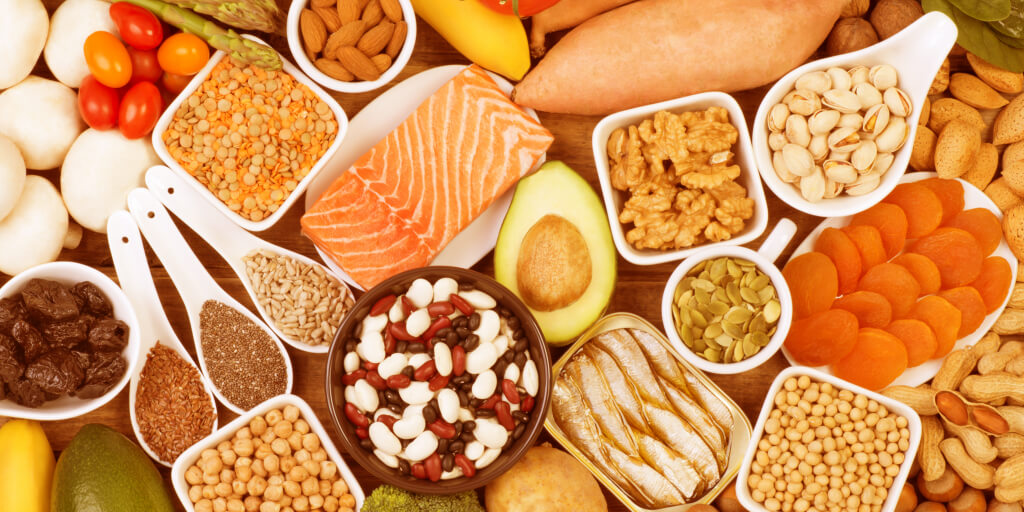
What is Potassium and Why Do You Need It?
Potassium is an essential mineral that regulates multiple functions of the body. Similar to table salt, it is an electrolyte that our body uses to regulate fluid, send electric signals and control muscles. Without it, the body would not function properly.
Potassium helps to regulate the body's fluid balance. It helps prevent dehydration and water retention. This is especially important for the heart and kidneys. Dehydration puts a strain on the heart and kidneys and can lead to premature aging and failure.
The brain sends millions of signals to the body on a daily basis. Without potassium, this wouldn't be possible. As an electrolyte, potassium is a positively charged ion that helps to carry the signals from your brain to the muscles in your body. Without potassium, the brain would not be able to send nerve signals to the body. Potassium regulates muscle functions, including heartbeat and essential reflexes.
Because potassium helps to regulate heartbeat, it is also essential to heart health. When potassium levels are out of balance, your heartbeat can become irregular. An irregular heartbeat can affect the body's ability to efficiently move blood throughout the organs. Consistent, regular potassium levels are critical to good heart health.
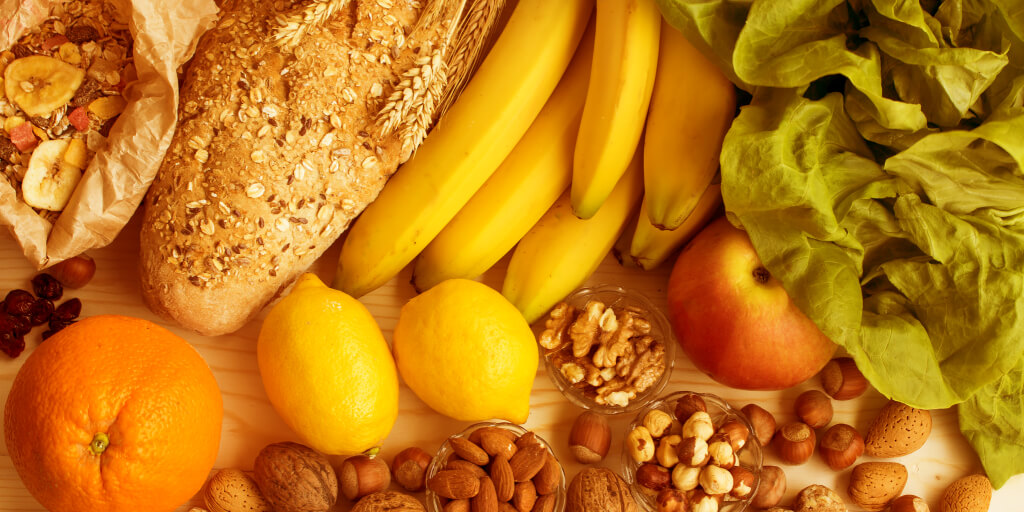
Top 10 Sources of Potassium
There are a variety of excellent sources of potassium. Here's some of our favorite:
- Spinach
- Salmon
- Avocado
- Yogurt
- Sweet potato
- Coconut water
- Pinto beans
- Beets
- Potatoes
- Raisins
Leafy greens are usually good sources of potassium. Consuming beet greens, spinach, and kale can boost your potassium levels.
Green vegetables like broccoli, peas, and avocado are also loaded with potassium.
If you're not fond of greens, you can also add starchy vegetables and legumes to your diet to get your daily dose of potassium. Things like yams, sweet potatoes, and white potatoes are all great sources of potassium. You can also find potassium in legumes like pinto and navy beans.
Potassium-rich foods aren't limited to just vegetables. Salmon is a potassium-rich food that can also serve as a filling source of nutritious protein
If you want to stick to the age-old source of potassium, start adding bananas to your diet. Throw them in your morning smoothie for a quick and easy way to get your daily dose of potassium.
Bananas aren't the only fruit that can boost your potassium levels. Fruits like cantaloupe, apricots, and oranges are all great sources for potassium. If you're looking for a quick, potassium-rich snack, you can also try dried fruits. A handful of prunes, dates, or raisins can be a quick boost to your potassium levels.
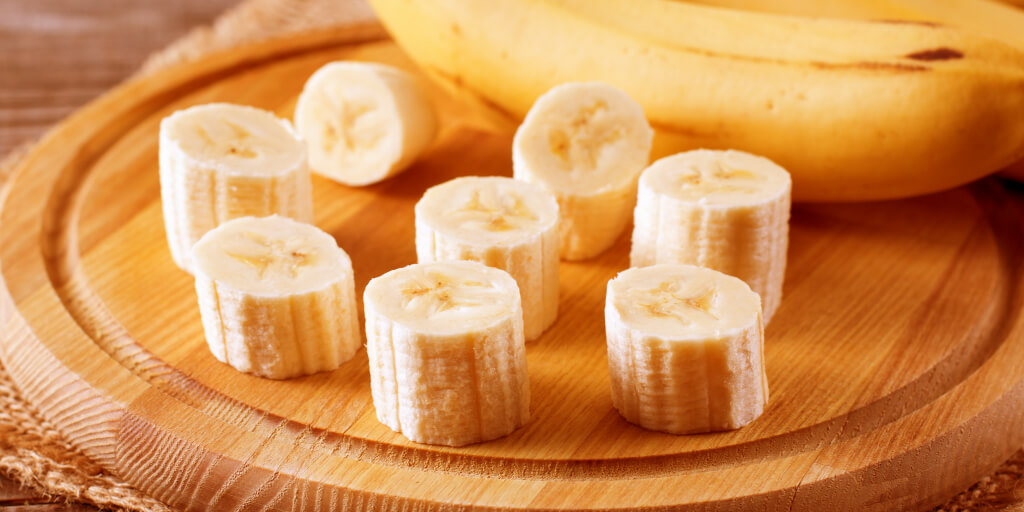
How Can You Increase Your Potassium Levels?
Increasing your potassium levels can be done in a couple of different ways. It's easiest to simply incorporate more potassium-rich foods in your diet. But you can also start taking potassium supplements.
If you prefer to naturally increase your potassium levels, you should eat more foods rich in potassium. Try bananas, potatoes, and broccoli. These foods are all rich in potassium and will boost your potassium levels. If you'd rather drink your potassium, you can opt for orange, prune, or apricot juice to increase your potassium. Try switching out salty snacks for dried fruits, like raisins. These are all easy ways to naturally incorporate more potassium into your diet.
You can also increase your potassium levels with supplements. Most potassium supplements are limited to 99 mg dosages. Naturally occurring potassium that is found in food slowly integrates into the bloodstream. Supplements are digested all at once and extremely high dosages can damage the heart. These supplements can also lead to a buildup of potassium in the bloodstream. If you choose to complement your diet with over-the-counter supplements, make sure you always follow the proper dosage.

What are Signs of Low Potassium?
Most people are unaware that they have low potassium. Oftentimes, the symptoms are brushed off or ignored. Others don't recognize the signs of low potassium. Fortunately, there are easy signs to recognize that you may have low potassium.
As potassium levels drop, weakness and fatigue set in. Because there is not enough potassium to help contract the muscles, you will feel sluggish. Potassium also helps to regulate blood sugar which means blood sugar levels can become irregular, leading to fatigue. Low potassium can have you struggling to stay focused throughout your day. Avoid fatigue and brain fog by keeping your potassium levels where they should be.
Low potassium levels can also lead to very painful muscle cramps. Without potassium, the signals that your brain sends to your muscles are delayed. This can result in your muscles contracting for longer periods of time until the signal from the brain is finally received. Muscle cramps are an athlete's worst nightmare and are easily avoidable by staying hydrated and keeping potassium levels normal.
Potassium also helps to regulate the digestive system. The brain uses potassium to send signals to the digestive system. These signals control the physical contractions of the digestive muscles that move food through the body. As potassium levels drop, the digestive muscles slow or delay. Without proper digestive movement, low potassium can cause bloating and constipation.
The heart is one of the largest muscles in the human body. When potassium levels are low, your heartbeat can become irregular.
Heart palpitations and irregular heart can be signs of low potassium. When the heart struggles to deliver blood to your muscles, bad things can start to happen.
Potassium plays a critical role in supplying blood to all of the muscles throughout the body. Low potassium can cause muscle aches. It can also lead to muscle stiffness. Low potassium levels lead to restricted blood flow to your muscles. Without proper blood flow, the muscles are deprived of essential oxygen. Over time, muscles begin to break down when they don't receive the oxygen that they need. This muscular deterioration creates aches and stiffness in your muscles.
If you have low potassium, you may also experience tingling and numbness throughout the body. This sensation is caused by weakened nerve signals. Typically, the tingling and numbness happen in your extremities. If you feel tingling and numbness in your hands, arms, legs, or feet, you may have low potassium.
One of the more severe symptoms of low potassium is difficulty breathing. When potassium levels dip, your body struggles to regulate muscular movement. This includes the expansion and contraction of your lungs. If you feel short of breath, you may need to increase your potassium levels.
With low potassium, the signals in your brain can get disrupted. These unbalanced signals between the neurons in your brain can lead to mood changes. If you struggle with consistent mood swings, you may have low potassium levels.
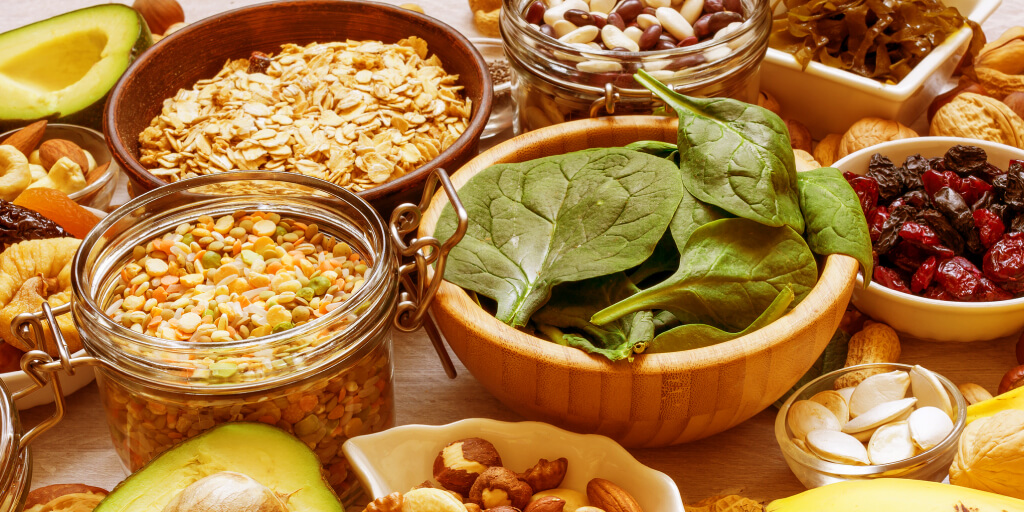
Which Foods Have More Potassium Than a Banana?
When you think about potassium-rich foods, do you think of bananas? Some people are surprised that there are many foods that are significantly higher in potassium.
Eating a 3.5-ounce serving of bananas will give you 358 mg of potassium. That's pretty good, right?
Let's take a look at some other potassium-rich foods:
Foods like baked potatoes and yams have nearly twice the potassium than bananas. A 3.5-ounce serving of yams has 670 mg of potassium and the same size serving of baked potatoes has 544 mg.
Consuming one, 3.5-ounce serving of beet greens will add over 900 mg of potassium to your diet. That's nearly three times the potassium level of bananas!
But what about salmon? Yep, it's got more potassium than bananas, too. A 3.5-ounce serving has 414 mg of potassium, to be exact.
The average person needs about 4,700 mg of potassium per day. This is an easy goal to meet.
Simply incorporating more potassium-rich foods into your diet is an easy and natural way to boost your potassium levels. Try swapping out processed, sodium-rich foods with more nutritious, natural foods.
Getting your daily dose of potassium can be tastier than a simple banana. There are numerous foods that are packed with potassium so there's no excuse for not getting enough potassium daily. The symptoms of low potassium are easy to avoid and enough to ruin your day. For athletes and bodybuilders, potassium is especially important to maintain muscle health. While potassium supplements can be used to maintain potassium levels, they need to be taken with care. High dosages can cause heart problems and can even lead to death. Why take supplements when incorporating potassium-rich foods into your diet is so simple?
Next time you're feeling sluggish, do yourself a favor and opt for a healthy, all-natural way to boost your potassium levels. Your muscles, brain, and body will thank you!
What are your favorite potassium-rich foods? Share you faves down below!
Sources:
https://www.webmd.com/diet/foods-rich-in-potassium
https://www.healthline.com/nutrition/what-does-potassium-do
https://www.healthline.com/nutrition/potassium-deficiency-symptoms#section1

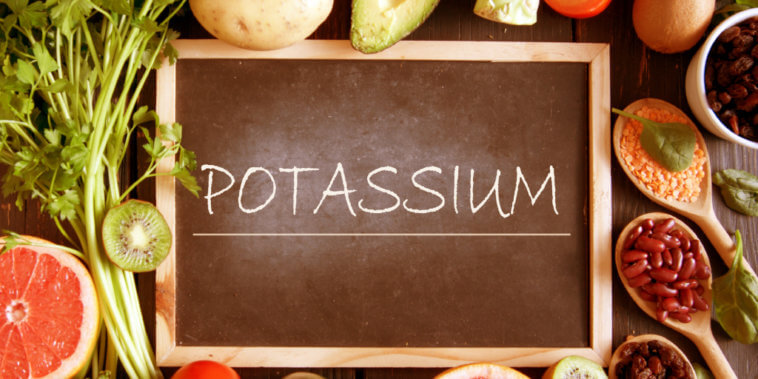


Comments
Loading…